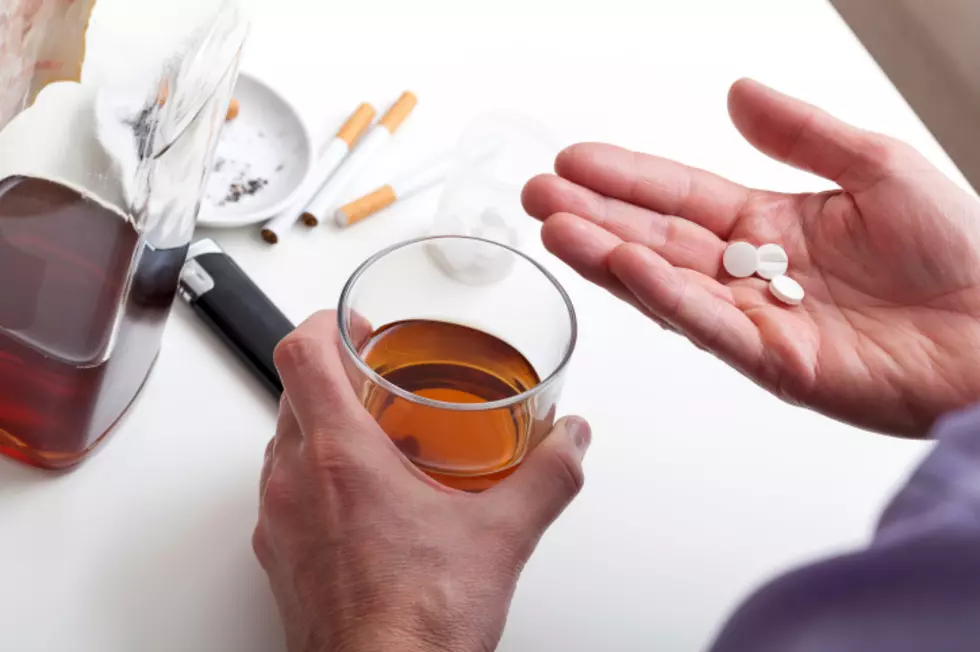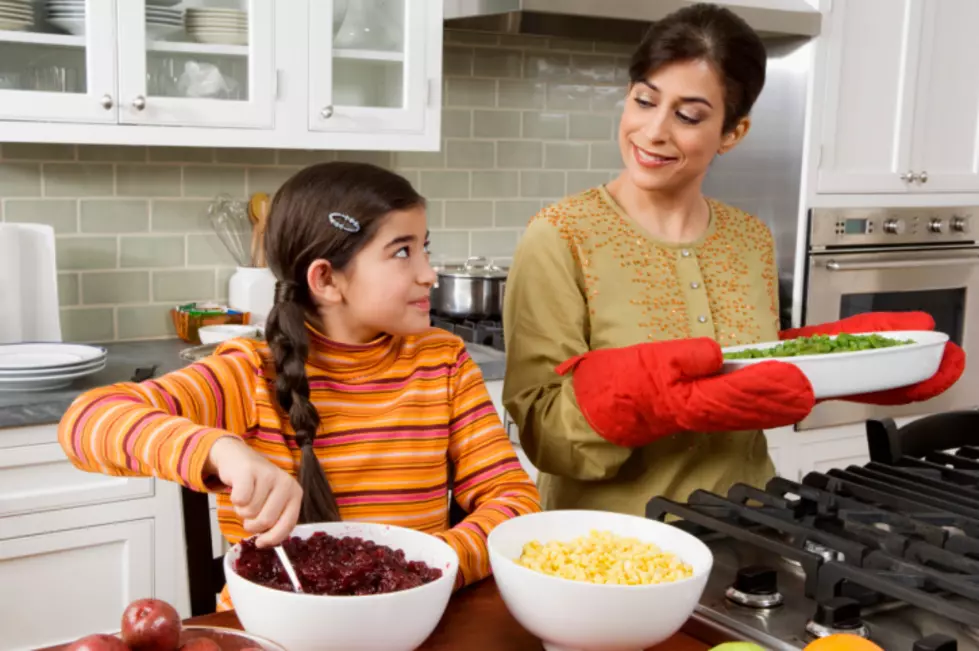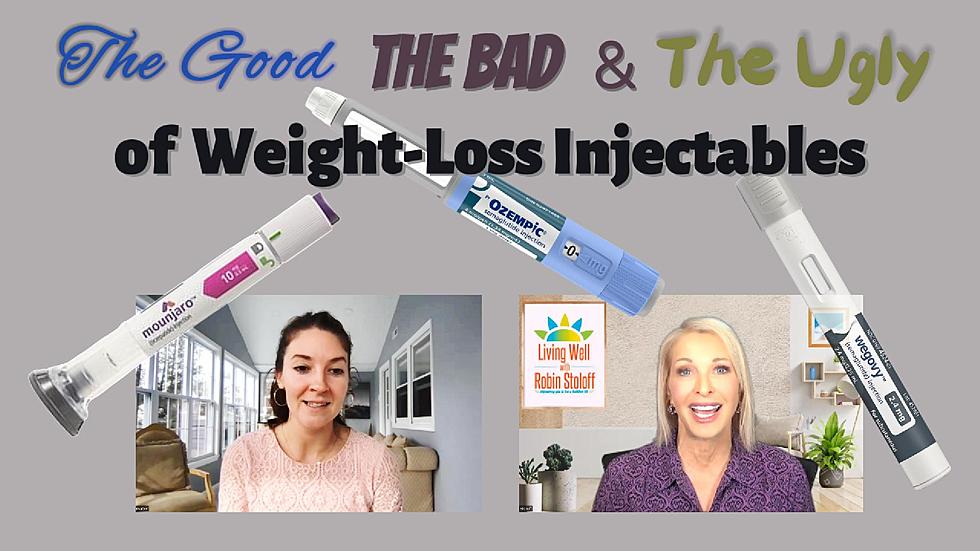
Don’t Mix Your Meds With These Foods
Kale is great for you—usually. If you’re taking some drugs, it might cause some bad side effects. Same with grapefruit juice and other healthy foods and drinks, and some other common treats.Turns out, what you take with your medications can be just as important as taking them in the first place.
Research shows that some food and drink can reduce the effectiveness of your medicines, or worse, they can cause serious, even life-threatening, reactions. Here's a list of seven foods that don't mix well with common drugs. In some cases, you may have to give up your favorite food, but in most cases you can cut back or eat it way before or after you take your medication.
This is a partial list; to be safe, ask your doctor and pharmacist about possible food interactions with any drugs you take. Read the warnings and inserts that come with your prescription meds, and check the fine print on over-the-counter drugs.
- 1
Bananas
Don’t mix with:ACE inhibitors such as captopril (Capoten), enalapril (Vasotec), and lisinopril (Prinivil, Zestril), which are used to lower blood pressure or treat heart failure. Also avoid mixing with certain diuretics, such as triamterene (Dyrenium), used to reduce fluid retention and treat high blood pressure.What can happen:ACE inhibitors and so-called “potassium sparing” diuretics can increase the amount of potassium in your body. But too much potassium can cause an irregular heartbeat and heart palpitations. So people who take those drugs should avoid large amounts of food high in potassium, including bananas, oranges, green leafy vegetables, and salt substitutes such as Morton Lite Salt. - 2
Kale
Don’t mix with:
Blood thinners such as warfarin (Coudmadin).
What can happen:
Kale and other greens, such as cabbage, broccoli, and Brussels sprouts, are rich in vitamin K, which can reduce the drug's anti-clotting effects. Its good to eat a well balanced diet, but don't go drinking a daily kale smoothie without telling your doctor first.
- 3
Black licorice
Don’t mix with:
Digoxin (Lanoxin), used to treat heart failure and abnormal heart rhythms.
What can happen:
Glycyrrhizin, a component of black licorice, can cause irregular heartbeat or even death when combined with digoxin. Licorice also appears to make certain drugs less effective. The list includes blood-pressure medications, blood thinners, pain relievers, and birth-control pills. Be careful if you eat a lot of it (only the real stuff counts; some candy is just licorice-flavored, so look for “licorice extract” on labels) or if you take licorice-root supplements for heartburn.
- 4
Milk
Don’t mix with:
Tetracycline antibiotics (Sumycin).
What can happen:
Calcium - from dairy foods such as milk, yogurt, and cheese, and calcium supplements and fortified foods—can prevent the body from absorbing the drug. In general, tetracycline works better if taken one hour before or two hours after eating.
- 5
Grapefruit juice
Don’t mix with
Cholesterol drugs such as atorvastatin (Lipitor) and lovastatin (Mevacor).
What can happen
Drinking grapefruit juice can raise the level of the drug in your bloodstream and increase the risk of side effects, especially leg pain. Grapefruit and grapefruit juice can interfere with other drugs, too.
- 6
Salami
Don’t mix with:
Drugs such as metronidazole (Flagyl) and linezolid (Zyvox), used to treat bacterial infections.
What can happen:
If you eat or drink too much of anything that contains the amino acid tyramine, your blood pressure could spike. Tyramine is found in foods that are aged, pickled, fermented, or smoked, such as processed cheeses, anchovies, and dry sausage. It’s also in avocados, bananas, chocolate, and alcoholic drinks.
- 7
Walnuts
Don’t mix with:
Thyroid drugs such as levothyroxine (Levothroid, Levoxyl, Synthroid).
What can happen:
Walnuts, soybean flour, cottonseed meal, and high-fiber foods can prevent your body from absorbing those medications. So if you eat a high-fiber diet, you might need a higher dosage. One study found that the drugs were better absorbed when taken at bedtime rather than a half-hour before breakfast, which is what is usually recommended in the instructions.
More From Lite 96.9 WFPG









